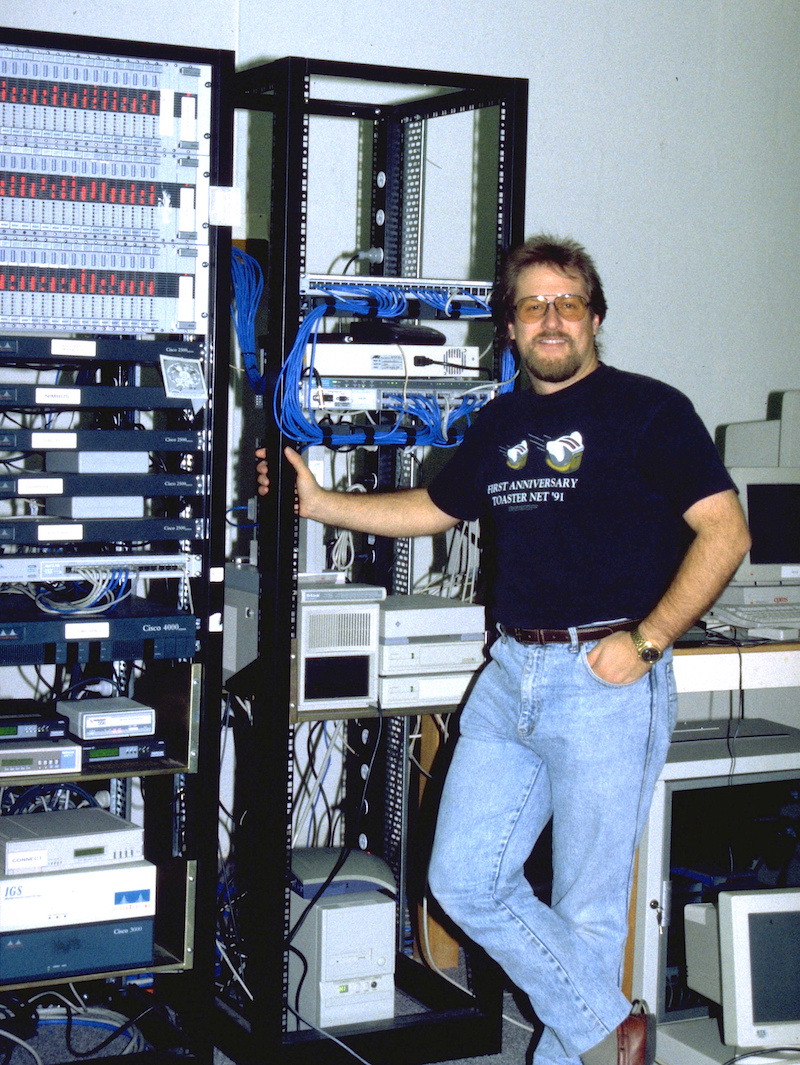

Mozilla have taken "40 of the Play Store's most popular apps by number of global downloads and compared their privacy policies with the information they reported on Google's Data Safety Form" and found "significant discrepancies" in 80% of the apps. The biggest oversight seems to be Google not counting Google as someone app developers have to share data with! Nice little loophole you've got there. It's also worth noting that Google doesn't verify what the developers say in the Data Safety Labels and "anonymised" data (it's arguable that the vast amount of data collected by apps can actually be anonymised) isn't required to be disclosed, so really, what's the point of all this bullshit?
The EU is investigating if it should force "content and application providers" (i.e: YouTube, TikTok, Netflix, etc) to contribute to the cost of network upgrades for telcos. According to the EU, there "seems to be a paradox between increasing volumes of data on the infrastructures and alleged decreasing returns and appetite to invest in network infrastructure". The telcos argument seems to be that there's so much traffic coming from a handful of sources, that they can't make enough money out of them? Is that right?? My dudes, don't you charge your customers money for access to your network? Why do you not simply increase the price due to the large volume of data? What am I missing here?
XDA Developers got some hands on time with a prototype pair of Xiaomi's Wireless AR Smart Glass Explorer Edition. They're very chunky classes that you look through and computer shit is projected on top of real life. Technologically it's impressive. MicroLED screens with high brightness, relatively light at 126g, totally wireless and with built-in cameras to detect gestures and whatever. Apparently they work very well, best on the market for AR glasses, but they're still a prototype. The author of the article reckons Xiaomi is holding them back because either the battery life sucks (he only had a 30 min demo before the battery died) or they're way too expensive. Also you look stupid wearing them. I wouldn't leave the house with these on.
Jason Scott uploaded Life on the Internet to YouTube a few months ago. It's a "13-part television series covering aspects of the Internet in 1996 to introduce to a general audience" broadcast on PBS and sponsored by Sun Microsystems - who had a lot of skin in the game to get this internet thingy off the ground and in the minds of regular people. It's such an optimistic view of how the internet could be used. Over 25 years later and I think most of it has come to fruition as they described, but none of the bad stuff (misinformation, exclusion of various groups, rampant commercialisation, addiction) was touched upon. Such an innocent time.
Here's five interesting discussions over on The Sizzle's paid subscriber forum for you to enjoy over the weekend. If you are not a paid subscriber but want to get involved, visit https://thesizzle.com.au/payme to get onboard.
Simon Hackett, 1996. Hackett helped create the Internet Toaster, perhaps the world's first real Internet Cafe, and was Chief Engineer on the first Karaoke Multicast live from the Kennedy Center. (Public Resource / Internet Archive)
📻 E-Pro - Beck
😎 The Sizzle is curated by Anthony "decryption" Agius and emailed every weekday afternoon.
💬 Checked out the paid subscriber only forum? It's a tidy little place to discuss tech with like minded Aussies.
👋 Forums not your thing? The Sizzle has a Slack group you can procrastinate in and chat with other nerds bored at work.
💳 Paid subscriber looking to manage your billing info, change email address or cancel your subscription? Visit the customer portal.
📚 Browse The Sizzle Archive. A few issues are missing and it's not searchable, but it's better than nothing.
🫂 Friends of The Sizzle is a small group of businesses or organisations operated by Sizzle subscribers. Support your fellow Sizzler!
💔 Tired of my bullshit? Unsubscribe and I'll never speak to you again.
The Sizzle is created on Wathaurong land and acknowledges the traditional owners of country throughout Australia, recognising their continuing connection to land, water and community. I pay my respect to them and their cultures and to elders both past and present.